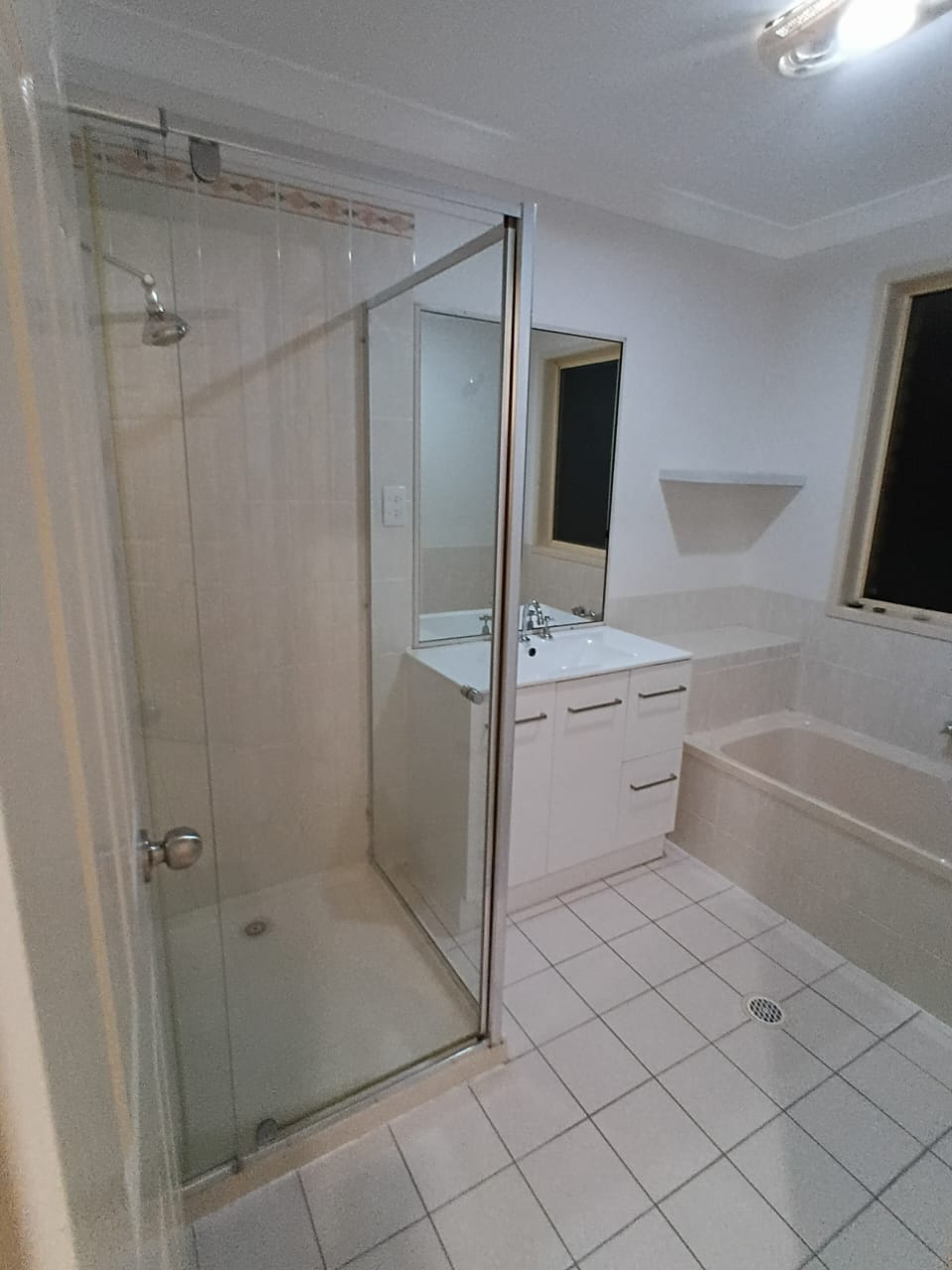Plastic sneaks into cleaning through spray bottles, synthetic cloths, and throwaway scrubbers. The good news? You can keep your home sparkling without piling up plastic waste. These practical swaps are low-tox, budget-friendly, and designed to fit real life—busy families, rentals, and workplaces included.
Fast wins (start here)
-
Glass spray bottle + tablet concentrate → replaces single-use bottles
-
Bar or solid dish soap on a dish block stand → replaces plastic dish liquid
-
Cellulose sponge + cotton cloths → replaces plastic foam sponges & microfibre (which can shed microplastics)
-
Wood & natural-fibre brushes (tampico, coconut, sisal) → replace plastic bristle brushes
-
Powder or paste cleaners in tins/cardboard → replace gel cleaners in plastic tubes
-
Bicarbonate of soda + washing soda + citric acid → multipurpose trio in paper packs
-
Refillable stainless or glass shaker for powders → replaces plastic canisters
Tip: Use what you already have first. Reusing a sturdy plastic bottle for years beats buying a new “eco” one you don’t need.
Kitchen swaps
1) Solid dish soap + wooden dish brush
Cuts grease without a plastic bottle. Choose replaceable brush heads and compost the worn bristles (if plant fibre).
How to use: Wet brush, swirl on bar, scrub, rinse. For extra greasy pans, sprinkle baking soda first.
2) Cellulose sponges & cotton cloths
Plant-based, compostable at end of life. Wash hot and air-dry to extend lifespan.
3) Glass spray + refill tablet (or homemade)
Keep one bottle for all-purpose (see recipe below) and one for glass.
Streak-free glass mix: 1 cup distilled water + 1 tbsp white vinegar. Spray, wipe, then dry-buff with a lint-free cotton cloth.
Bathroom swaps
4) Citric-acid descaler
Great for taps, showerheads, and kettles. Mix 1 tbsp citric acid in 1 cup warm water; apply, wait 5–10 minutes, rinse.
(Avoid on natural stone; use pH-neutral soap instead.)
5) Plastic-free toilet brush & powder
Choose a wood/steel brush and a simple jar of toilet powder (bicarb + few drops of essential oil if desired). Sprinkle, scrub, flush.
6) Refillable squeegee with replaceable rubber
Drags water off glass to prevent soap scum—no bottled “anti-mould” sprays needed.
Laundry swaps
7) Powder detergent in cardboard
Look for enzyme powder in a box (no plastic scoops needed—use a teaspoon). Store in an airtight tin.
8) Stain stick (soap bar)
Wet fabric, rub with stain bar, wait 5–10 minutes, wash as normal.
9) Wool dryer balls (optional)
If you use a dryer, these reduce dry time and replace single-use sheets.
Floors & dusting
10) Cotton dust cloths & lambswool duster
Capture dust without microfibre shedding. Wash cloths hot; shake out the duster outdoors.
11) Bucket + soap flakes
For sealed hard floors, dissolve a pinch of soap flakes in warm water. Damp-mop and dry promptly.
(Skip vinegar on natural stone and waxed/oil-finished wood.)
Simple plastic-free recipes (everyday safe)
All-purpose spray (non-stone):
-
1 cup distilled water
-
1 tsp liquid castile soap (or dissolve a sliver of bar soap)
-
Optional: 2–3 drops essential oil (avoid citrus on stone)
Shake gently; label. Spray, wipe, and dry.
Soft-scrub paste:
-
6 tbsp bicarbonate of soda
-
1 tbsp liquid castile (or a little grated soap + water to make a paste)
Spread, dwell 2–3 minutes, scrub, rinse.
Grout refresher (tile only):
-
Sprinkle baking soda, spritz with water, scrub with a natural-fibre brush, rinse.
(For heavy staining, use 3% hydrogen peroxide sparingly; spot-test.)
Room-by-room plan (weekend reset)
Kitchen (20–30 min)
-
Fill sink with hot water and a sliver of soap; soak cloths & sponges.
-
Degrease hob & splashback with all-purpose spray; use soft-scrub on stubborn spots.
-
Wipe fronts/handles; finish glass with vinegar mix.
Bathroom (20–25 min)
-
Citric-acid spray on fittings; dwell, then rinse.
-
Toilet powder + plastic-free brush; scrub.
-
Squeegee glass after a quick rinse to reduce spotting.
Floors (15–20 min)
-
Dry dust with cotton cloth or lambswool.
-
Damp-mop with soap flakes; buff dry to prevent streaks.
Buying checklist (avoid greenwashing)
-
Refillable or packaging-free first (bars, powders, tablets in cardboard).
-
Materials: glass, stainless, wood, natural fibres.
-
Spare parts: replaceable heads, seals, and rubbers extend life.
-
End-of-life: is it recyclable, compostable, or truly durable for years?
End-of-life & care
-
Compost cellulose sponges and plant-fibre brush heads (if 100% natural).
-
Metal (scourers, tins) → standard recycling when worn out.
-
Glass bottles last years; replace gaskets/pumps as needed.
-
Cloths too worn for cleaning become great shoe-polish or bike-chain rags.
Internal links you can add (helpful for readers & SEO)
-
Need move-out ready results? Bond / End of Lease Cleaning
-
Carpets after a deep clean: Carpet Cleaning
-
Offices, venues, strata: Commercial Cleaning
-
Post-build residue: Construction Cleaning
-
What we include: End of Lease Cleaning Checklist
-
See if we cover your suburb: Service Areas
-
Prefer a done-for-you plan? Request a Quote
We serve Brisbane, Gold Coast, Sunshine Coast, Sydney, Melbourne, Perth, Adelaide, and Canberra.
FAQs (SEO-friendly)
Are plastic-free swaps more expensive?
Usually not. Bars, powders, and refills go further than liquids, and durable tools outlast disposables.
Can I go plastic-free with kids and pets?
Yes—choose sturdy glass bottles with silicone sleeves, store concentrates out of reach, and label everything clearly.
Is microfibre plastic-free?
No. It’s synthetic and can shed microplastics. If you prefer to avoid that, choose tightly woven cotton or plant-based cloths.
Is vinegar safe on all surfaces?
No. Use it on glass, ceramic/porcelain tile, and vinyl. Avoid natural stone and waxed/oil-finished wood.


 Blog
Blog